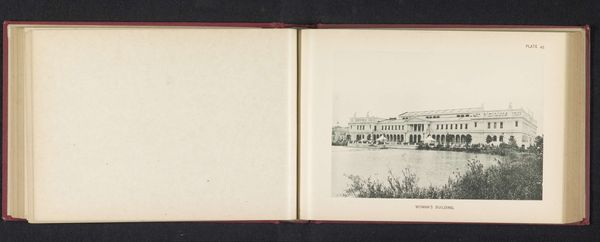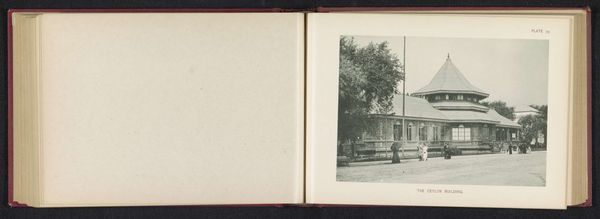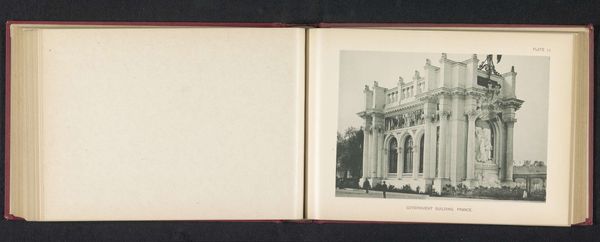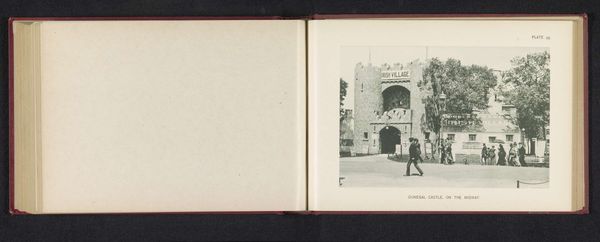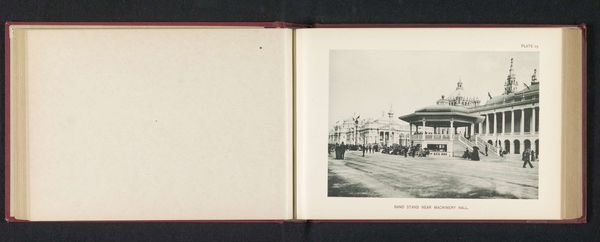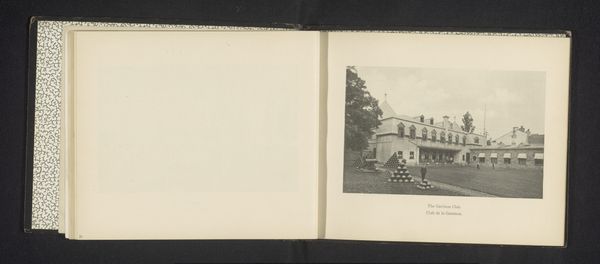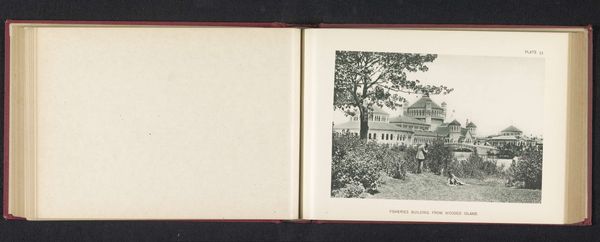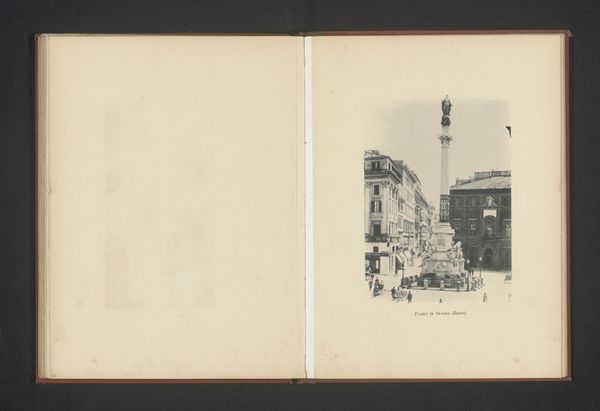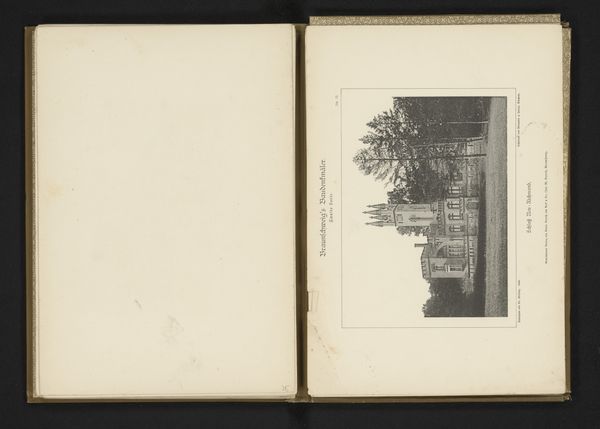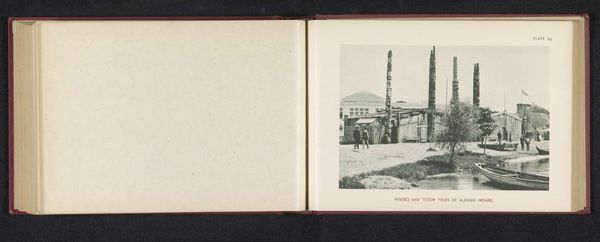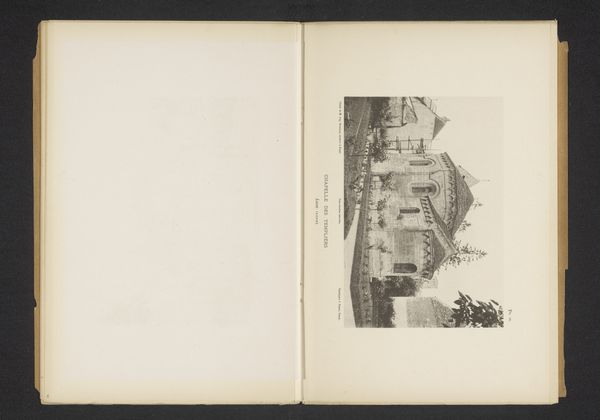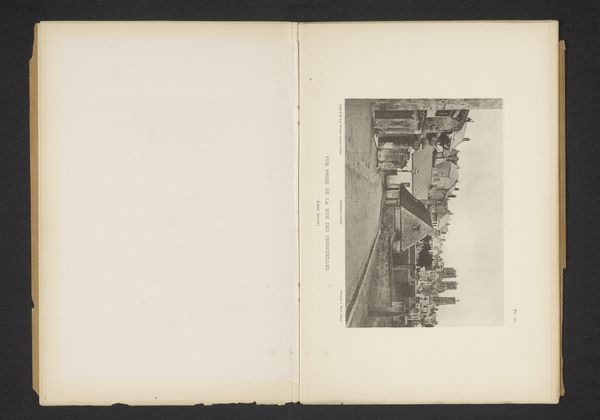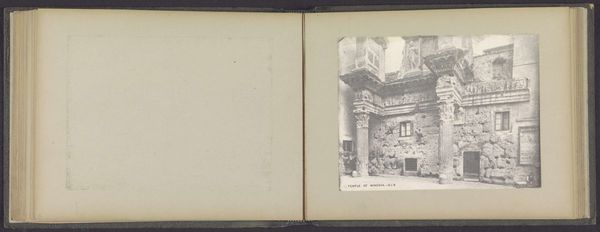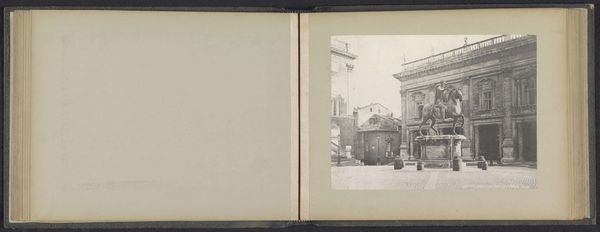
Paviljoen van India op de World's Columbian Exposition in Chicago in 1893 1893
0:00
0:00
photography, albumen-print, architecture
#
aged paper
#
homemade paper
#
paperlike
#
personal journal design
#
photography
#
personal sketchbook
#
hand-drawn typeface
#
fading type
#
ancient-mediterranean
#
orientalism
#
cityscape
#
delicate typography
#
design on paper
#
albumen-print
#
architecture
#
historical font
Dimensions: height 133 mm, width 189 mm
Copyright: Rijks Museum: Open Domain
Charles Dudley Arnold captured the ‘Pavilion of India’ at the World's Columbian Exposition in Chicago in 1893, using photography. This pavilion presents a complicated story of cultural representation during a period of intense colonialism. The fair itself was a celebration of American progress, but it also served as a stage for displaying other cultures, often through a lens of exoticism and Western superiority. The pavilion, while showcasing Indian architecture and design, was also inevitably framed by the power dynamics of the British Empire, which then ruled India. What does it mean to represent a culture, especially when that representation is mediated through colonial power? How do we reconcile the beauty and artistry of the pavilion with the historical context of oppression and cultural appropriation?
Comments
No comments
Be the first to comment and join the conversation on the ultimate creative platform.
